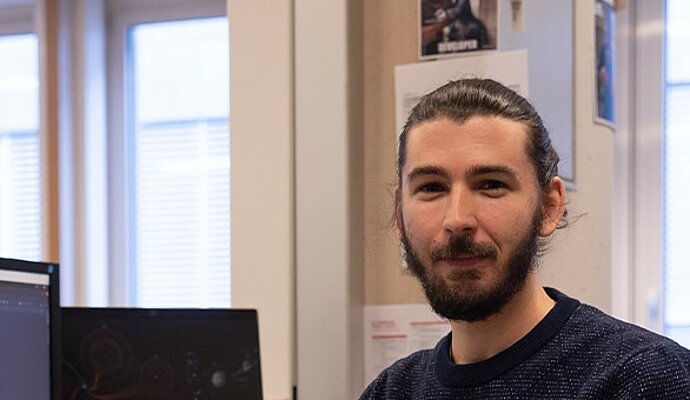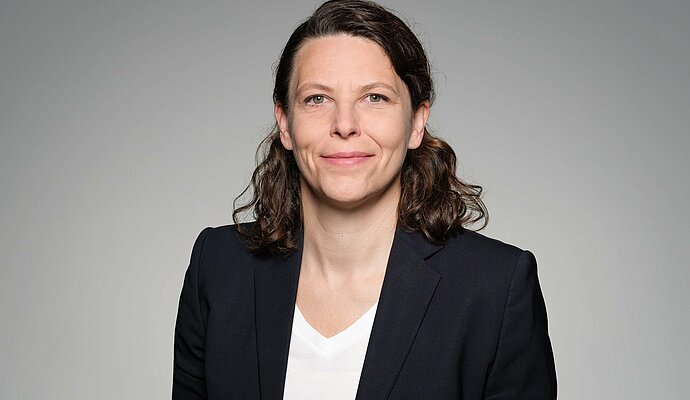
Stefano Balestra, MSE student, FHGR
"During my part-time studies, I learned to juggle various challenges simultaneously and to make the best use of my time. After all, being a student and working are both demanding. Nevertheless, part-time study also brings some advantages. For example, what you learn can be used directly in practical work, and conversations with work colleagues open up a new perspective on problems from your studies. In addition to one's personal attitude, it is also important that the employer is aware of the challenges and supports the students."
